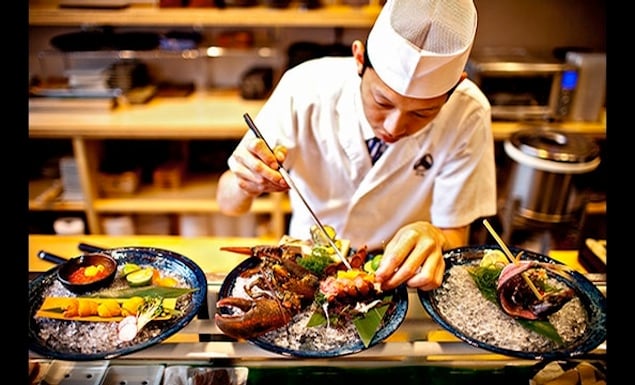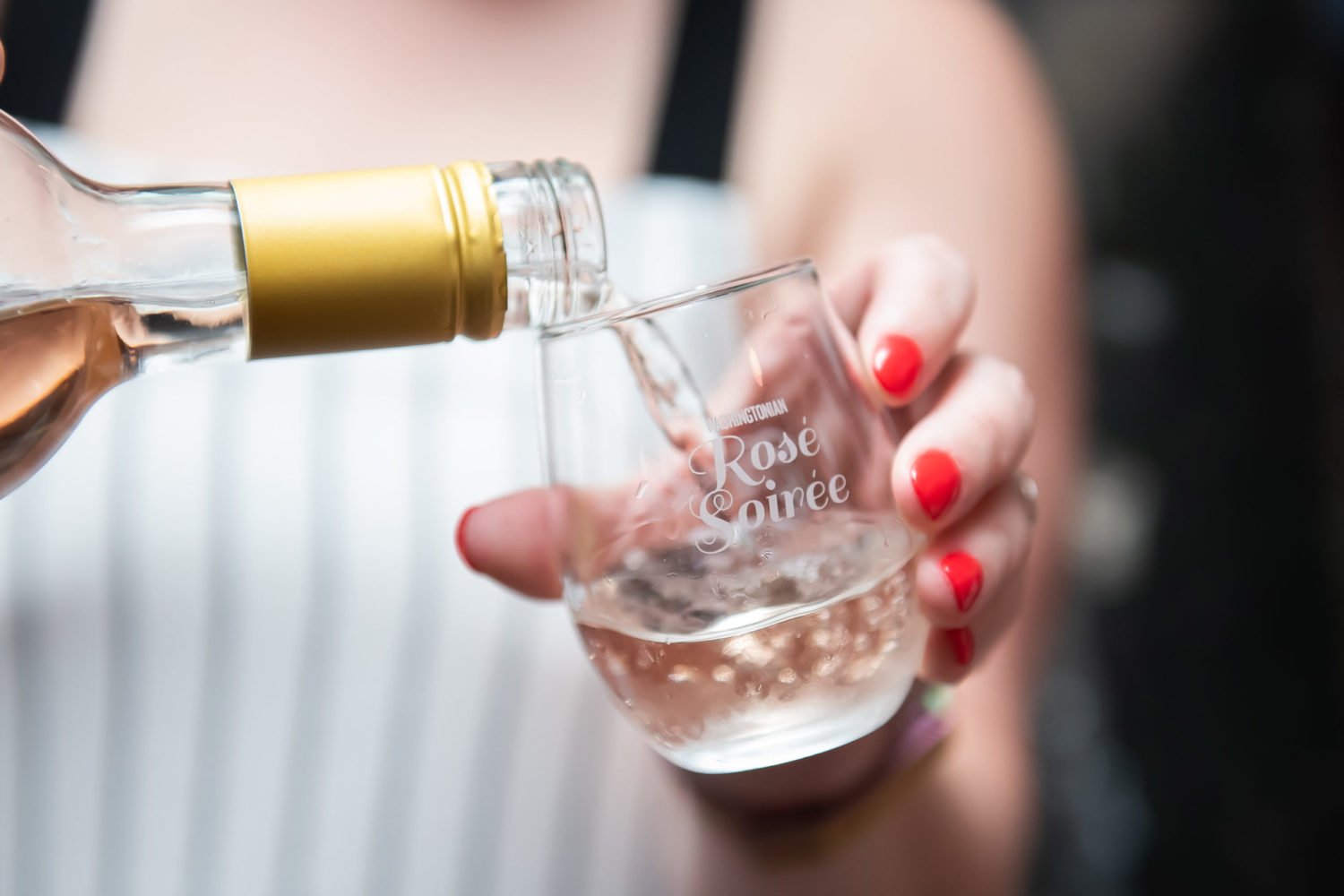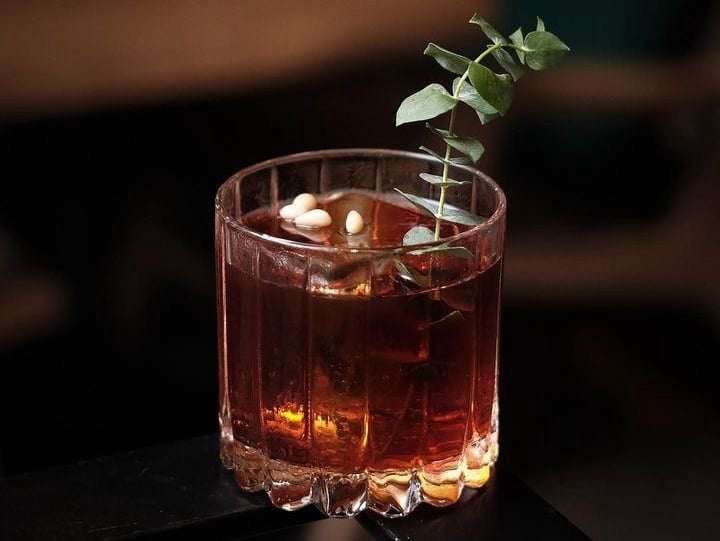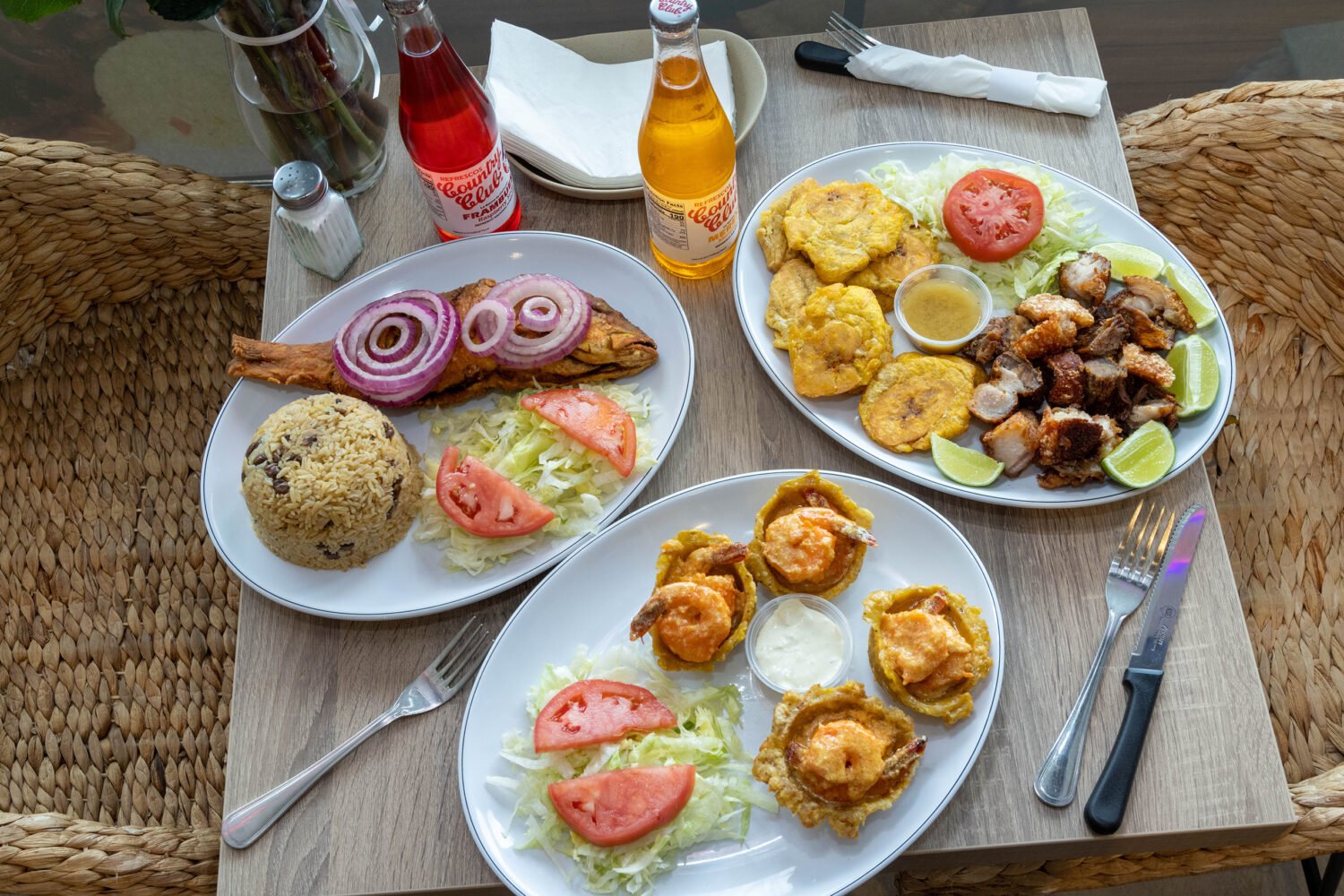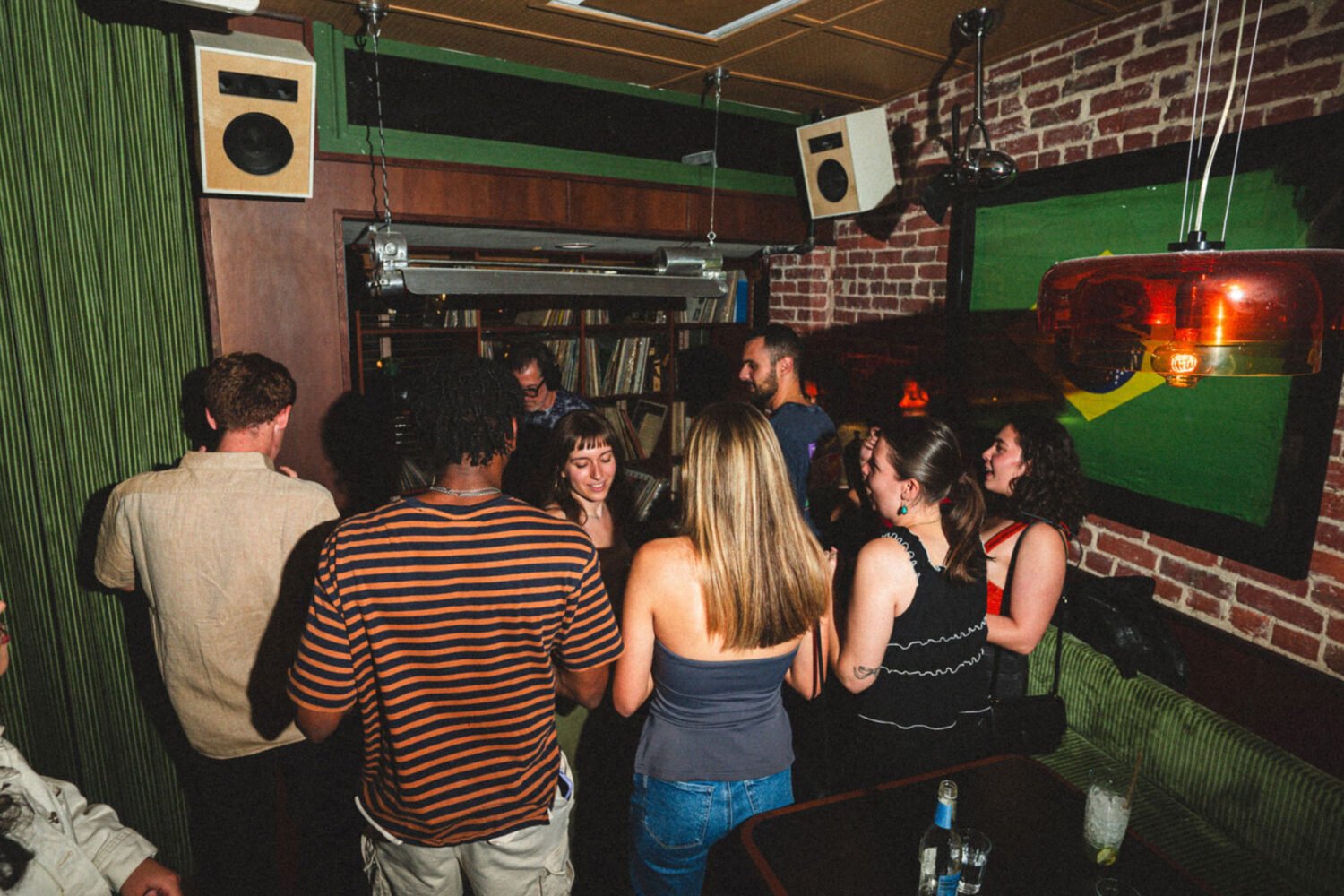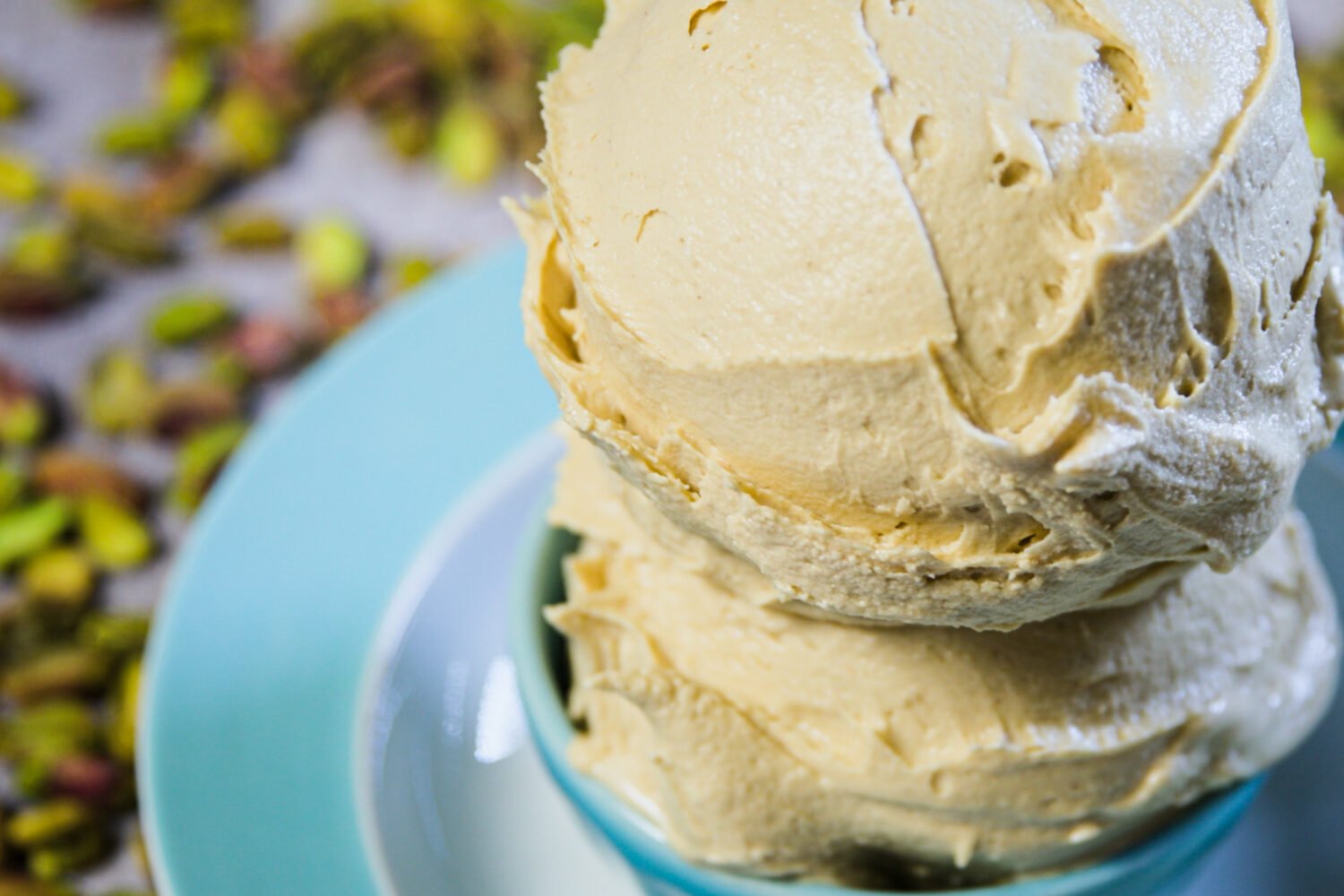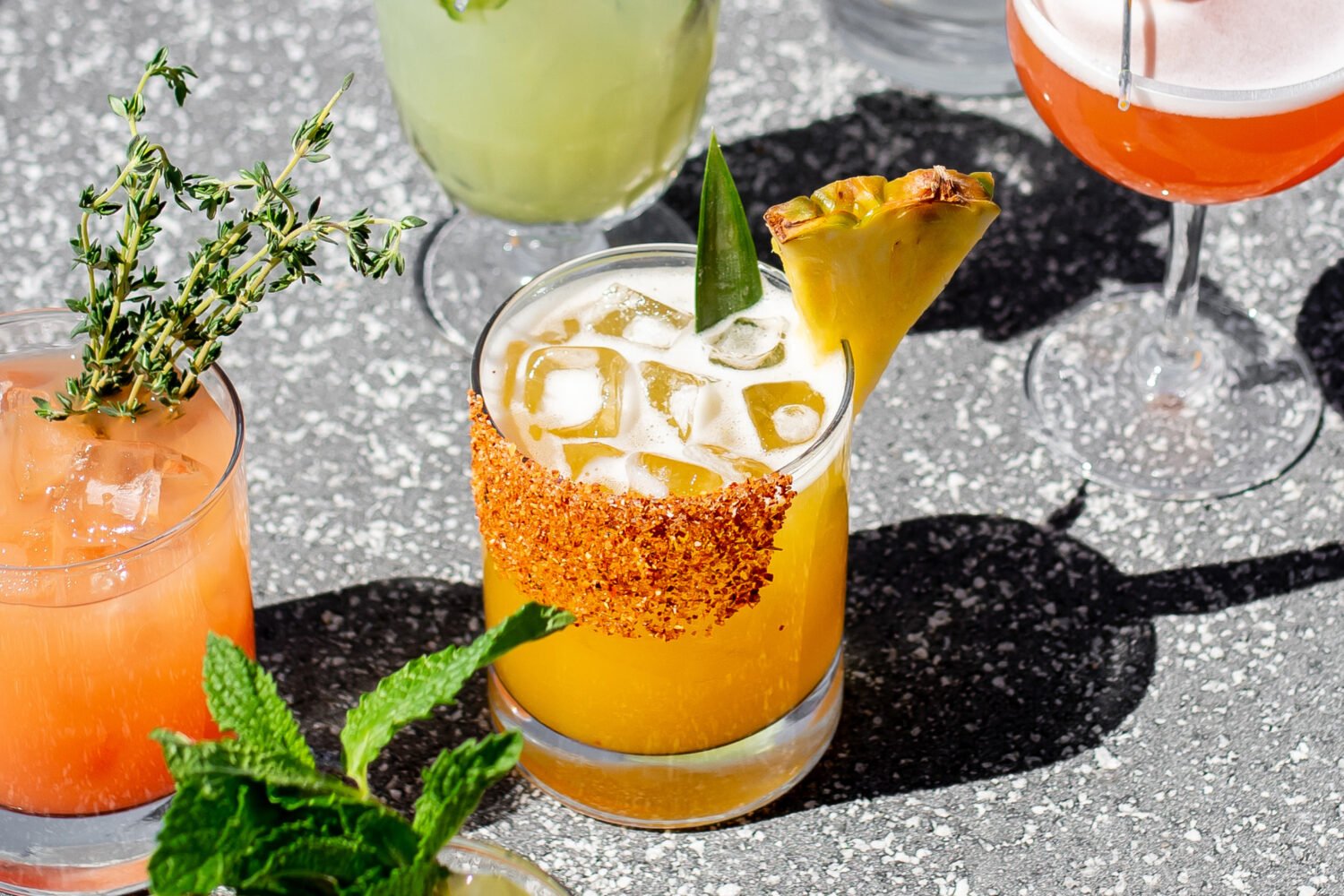Kushi, the enterprising Mount Vernon sushi restaurant, closed this week, and much of the response in the food world has been to focus on the legal troubles of owner Darren Norris.
Norris’s troubles seem long; we won’t get into them here. But his swift rise and fall is stunning. No one has been watching this saga more attentively than we have. In 2011, we selected Norris as Restaurateur of the Year—a fact that Don Rockwell, on his eponymous DC restaurant website, was quick to point out.
Rockwell’s post appears to serve a dual purpose—to highlight the chef/owner’s tumbling fortunes, and also to snark the magazine for awarding a huge honor to a chef who has exited the scene while other, deserving restaurateurs endure.
Norris might not be deserving of sympathy for not paying his bills, but Kushi is deserving of its due.
In choosing a Restaurateur of the Year, we are essentially aiming to throw attention toward someone who is changing the scene for the better. Kushi did that, helping to usher in the izakaya trend that has resulted in Izakaya Seki, Toki Underground, Daikaya, and the late, great Pabu in Baltimore. Before Norris came along, eating Japanese in this city largely meant eating sushi. Kushi introduced DC to the charms of the robata: a Japanese-style charcoal grill, togarashi-dusted meatballs, charred corn on the cob with miso butter, crispy leg of duck.
Whether Kushi had an influence on the recent wave of hipster Asian spots now on the scene, is harder to say, but it seems likely that the model it set forth in 2009—industrial design, thumping music, and high-energy servers (the opening hostess rocked a two-toned mohawk)—pointed the way for such spots as Doi Moi, Little Serow, and even Bonchon in Arlington.
Norris also sourced a selection of his raw fish every day from Japan, FedEx-ing in cuts of yellowtail, amberjack, scallop, and salmon, among others, from the famed Tsukiji Market in Tokyo. Kushi was not the first restaurant in the area to go to such great lengths to source its product—Sushi Taro was the pioneer, making overnight, overseas deliveries a platform item when it renovated a year earlier—but Kushi helped prove that this idea was not only feasible for luxury restaurants where you could expect to drop $250 for two.
Kushi had slipped into irrelevancy in the past couple of years, with uneven and even mediocre meals supplanting good and great ones. But while it burned, it burned bright. And its influence lives on.
Find Todd Kliman on Twitter at @toddkliman.

